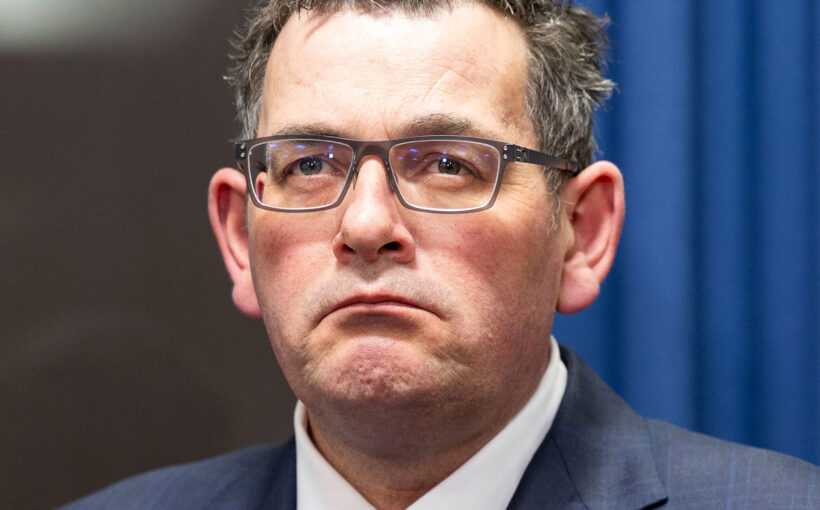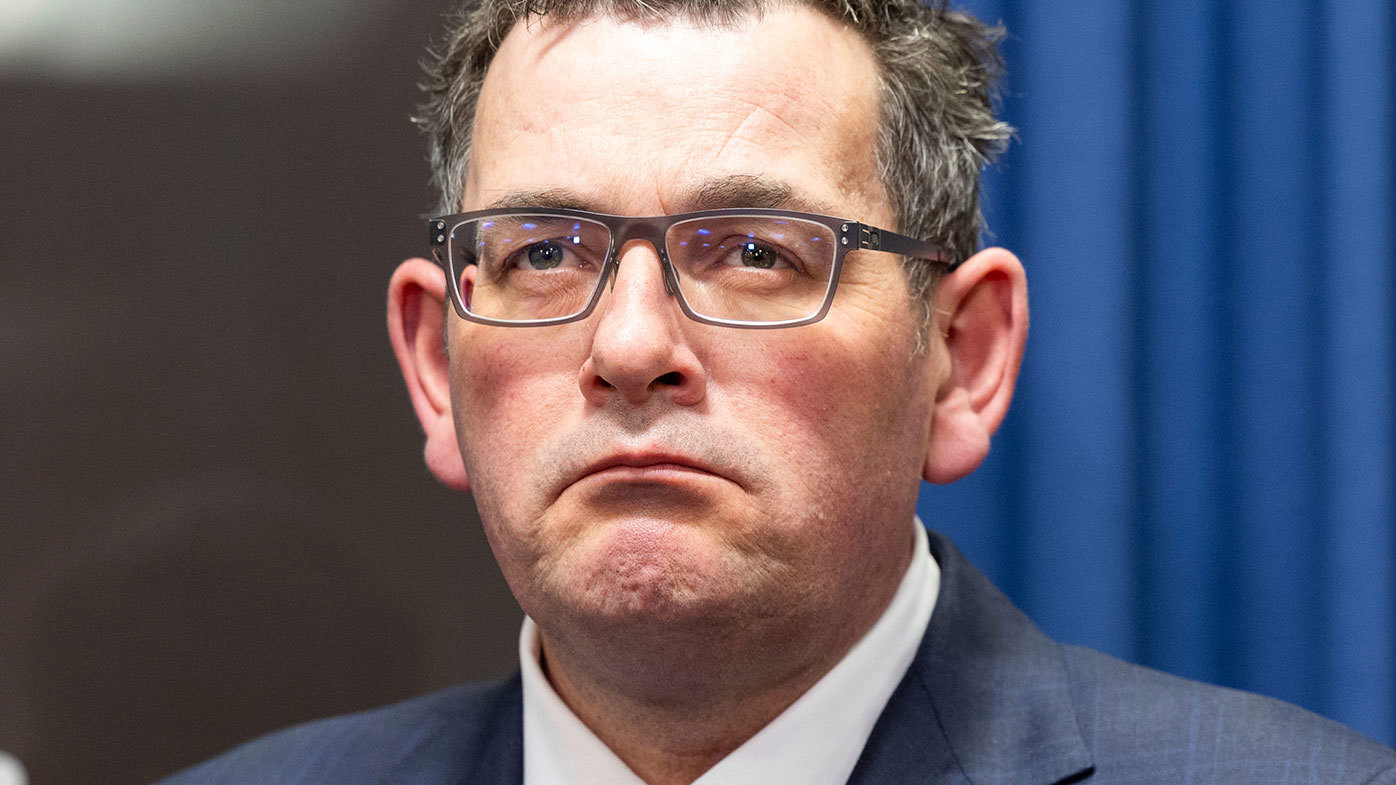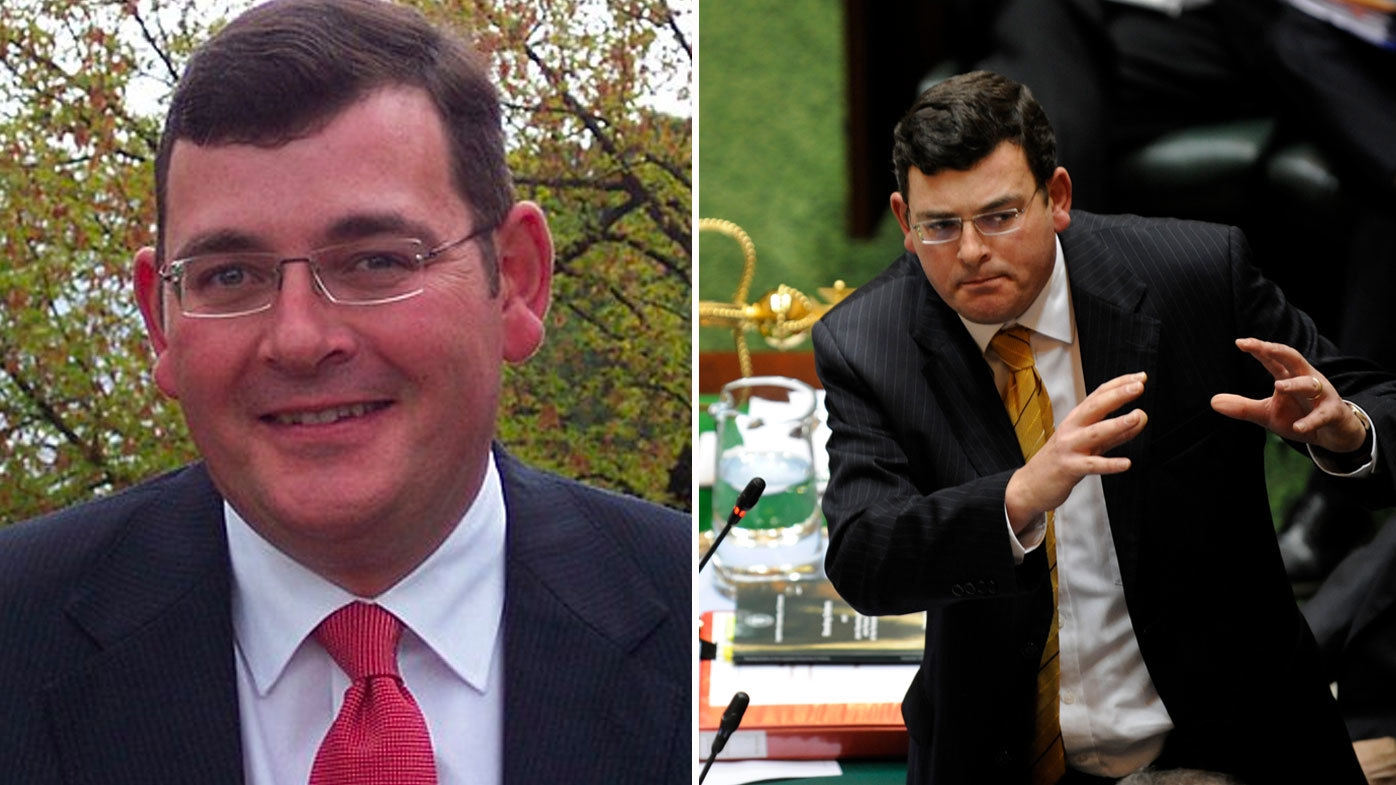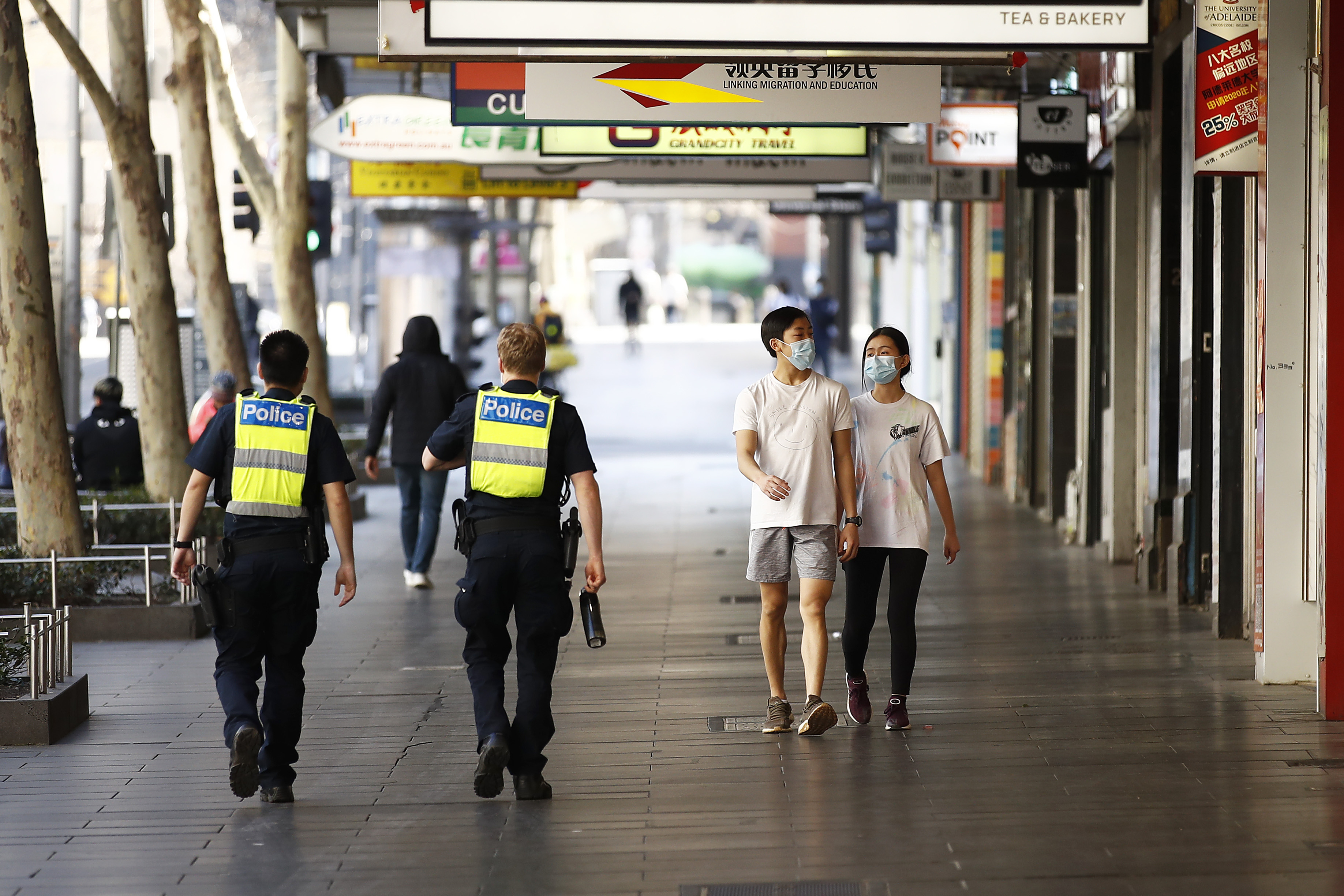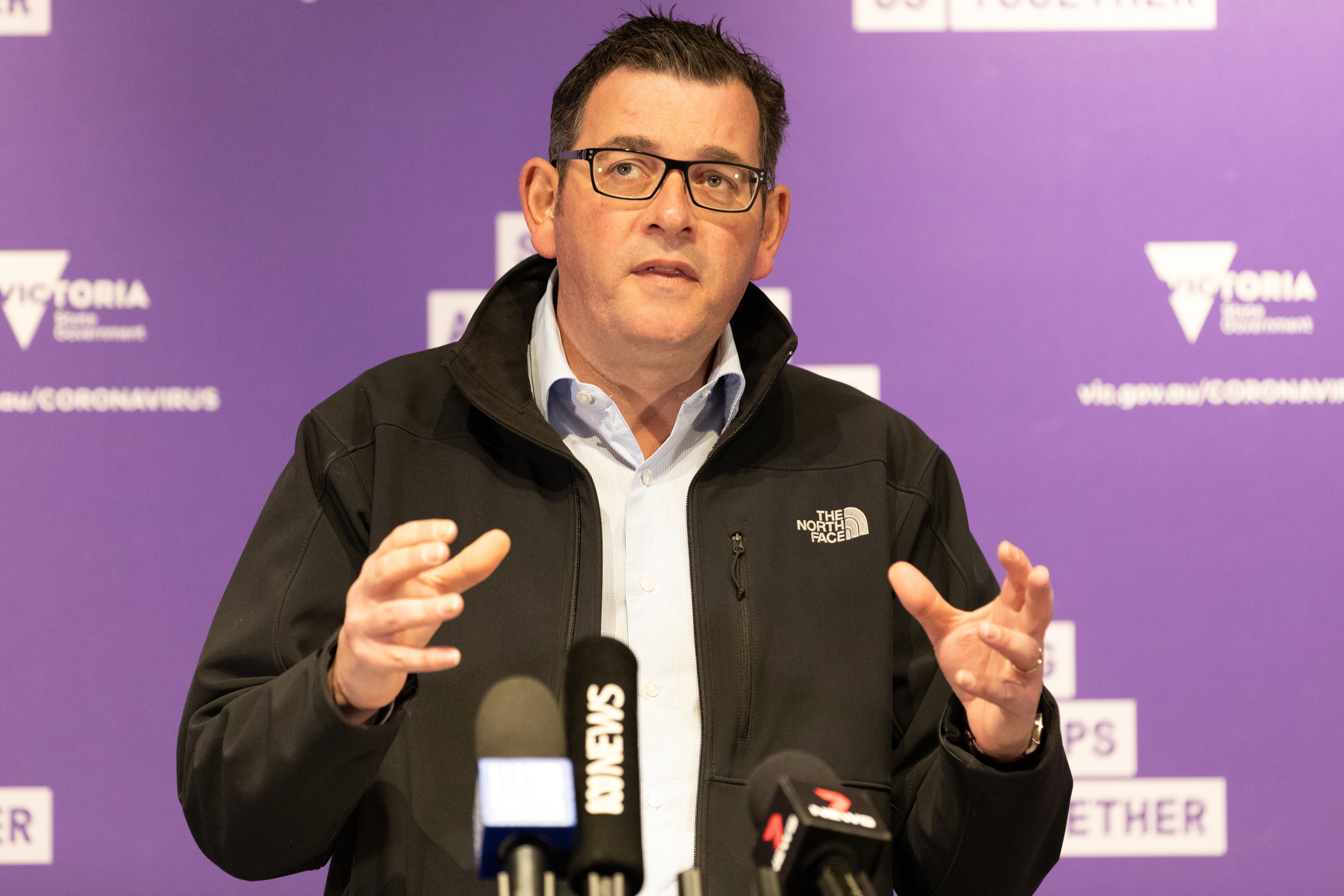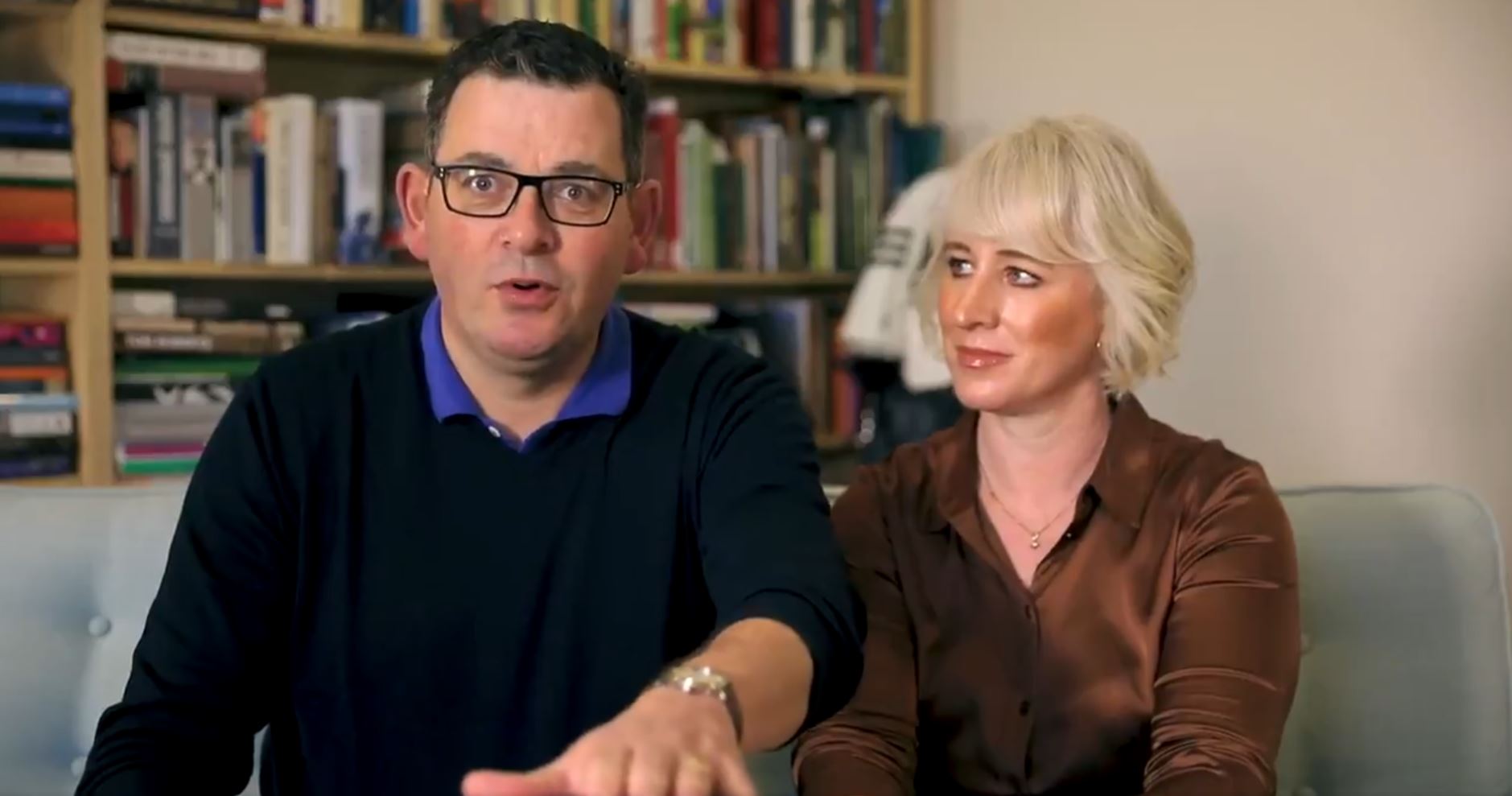When Daniel Andrews first stepped into Victorian parliament as the member for Mulgrave, he didn’t bother taking a seat on the backbench.
The now-resigned premier is one of the few Australian politicians to have never spent a day as a backbencher, having started MP life in 2002 as a parliamentary secretary.
One election later, Andrews was a minister aged 34, picking up the gaming and consumer affairs portfolios, as well as being minister assisting the premier on multicultural affairs.
When John Brumby took over the premiership 2007, there was another promotion for Andrews, this time snaring the much larger health portfolio.
With Andrews – a Catholic – in charge of the portfolio, Victoria decriminalised abortion, leading to some criticism from the church.
His response was that he had no intention of being “a Catholic health minister. It was my intention to be a Victorian health minister”.
A landslide against Brumby at the 2010 election put Labor back into opposition, but provided Andrews the opportunity to become state party leader.
Not that Labor spent much time out of government.
The party had consistent leads in the polls for much of the two years leading up to the 2014 election, even if Andrews tended to trail in the preferred premier stakes.
A gain of seven seats was more than enough to put Andrews into the premiership, beginning the second-longest continuous stint in Victoria’s top job.
During that first term, the Andrews government cancelled the East West Link rail project and later promised the introduction of an airport rail link that remains to this day a work in progress.
If the 2014 election confirmed Andrews as premier, the 2018 instalment well and truly cemented him.
A massive eight-seat swing gave Labor commanding control of parliament, and Andrews a second term dominated by two emergencies.
First up was the Black Summer Bushfires of 2019-20, when the premier was largely praised for his handling of the crisis that saw more than 1.5 million hectares of the state go up in flames.
The COVID-19 pandemic was a far more difficult beast.
Andrews announced Victoria’s first lockdown on March 30, 2020, just days after he’d chastised people for getting on the beers and gathering while the pandemic grew – and inadvertently providing the sample for a hit song.
That lockdown only lasted 43 days, but Melbourne was in for plenty more.
A second of 111 days later that year.
A snap five-day edition in early 2021, followed by two of about a fortnight each, before one final 82-day stint ending in late October.
In total, the city spent 262 days in lockdown – a world record by the time the restrictions ended.
In the eyes of some, that turned him into a pariah, with furious citizens marching on state parliament in protest against coronavirus restrictions.
Others adored the premier, shovelling effusive praise his way for the tight controls that they said kept Victoria from suffering a far more deadly fate at the hands of COVID-19.
Whether loved or loathed, Andrews suddenly found himself with an iconic profile across the country – an unheard-of proposition for a state premier before the pandemic.
In amongst it all was a more personal emergency for Andrews.
A slip on the stairs at his Mornington Peninsula holiday home left his wife, Catherine, fearing he could die from his injuries.
“You were going blue and we were looking at each other and I was thinking you’re going to die here,” she later said.
Andrews recovered from his spinal injuries and broken ribs, but it took 111 days before he was able to return to work – when he said he was determined to run for premier in 2022.
When he did, any fears Labor’s pandemic response would lead to backlash at the voting booth were put to bed.
Not only did the government retain power, it actually gained one more seat to give Andrews a third term.
That term had, up until his resignation, proven less auspicious.
Wife Catherine’s car crash with a cyclist in 2013 – when then-opposition leader Andrews was in the taxpayer-funded vehicle with their three children – was dragged back into the media in late 2022 when the victim said he was exploring legal options.
Earlier this year, the budget confirmed Victoria’s debt will hit an eye-watering $171.4 billion by 2027 – about a quarter of state GDP and a figure higher than any other state or territory in the nation.
The biggest public relations blemish since reelection though was surely the Commonwealth Games cancellation.
Barely a year after Victoria said it would host the event in Melbourne and the regions, Andrews announced it was no longer feasible, citing cost blowouts from $2.6 to $7 billion.
The cancellation itself came at a far more palatable price for the premier: just $380 million was all it cost to pull the plug.
Now, another two months down the track, Andrews has pulled another plug, this time on his own career.
Having passed 3000 days as premier in February, he’ll have his tenure immortalised via a bronze statue, but in announcing his resignation he avoided any talk of how he’ll be remembered.
“Legacy is for other people to determine… it will be for others to judge my time in the parliament, my time as a local member of parliament and in my time in different leadership roles.”
